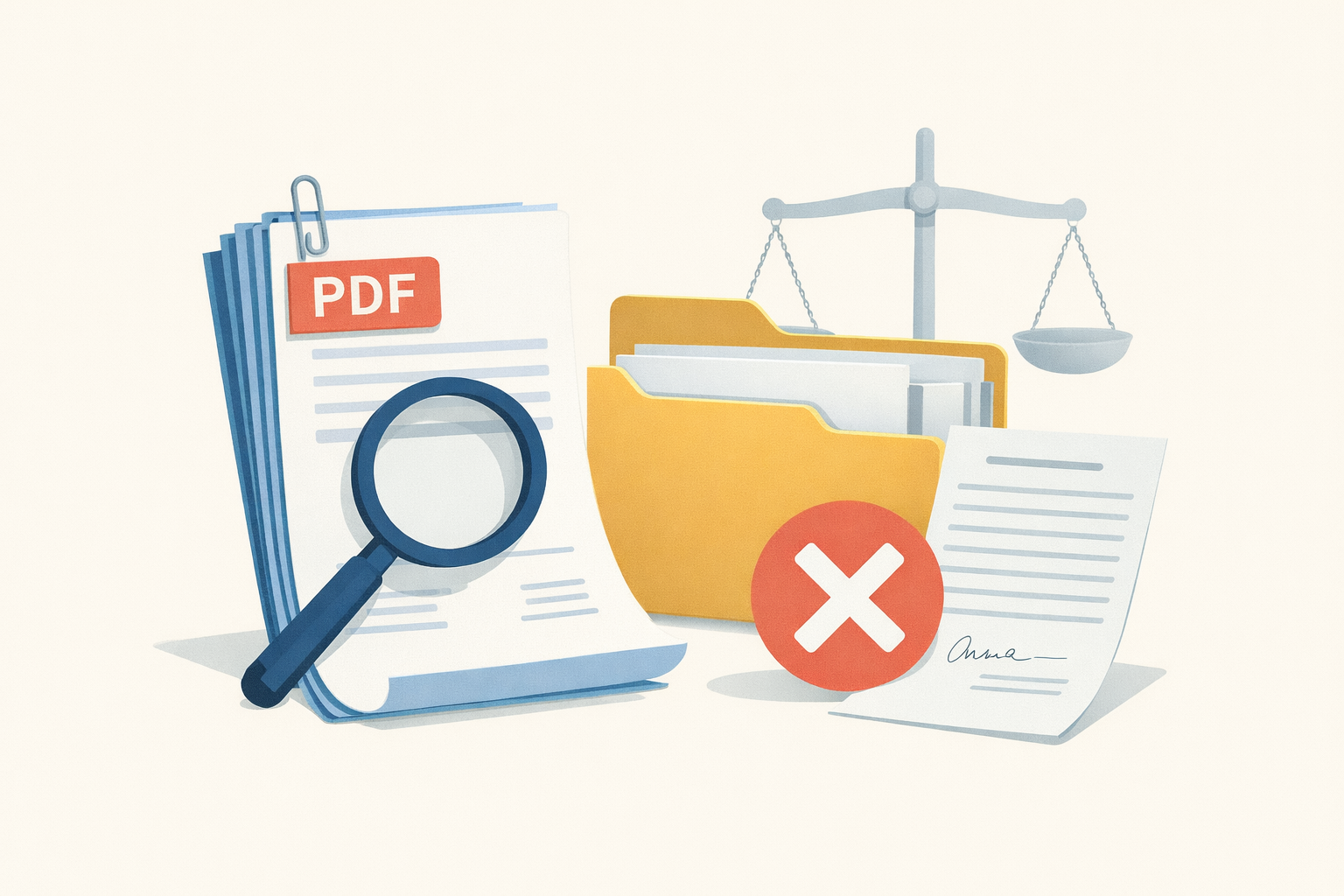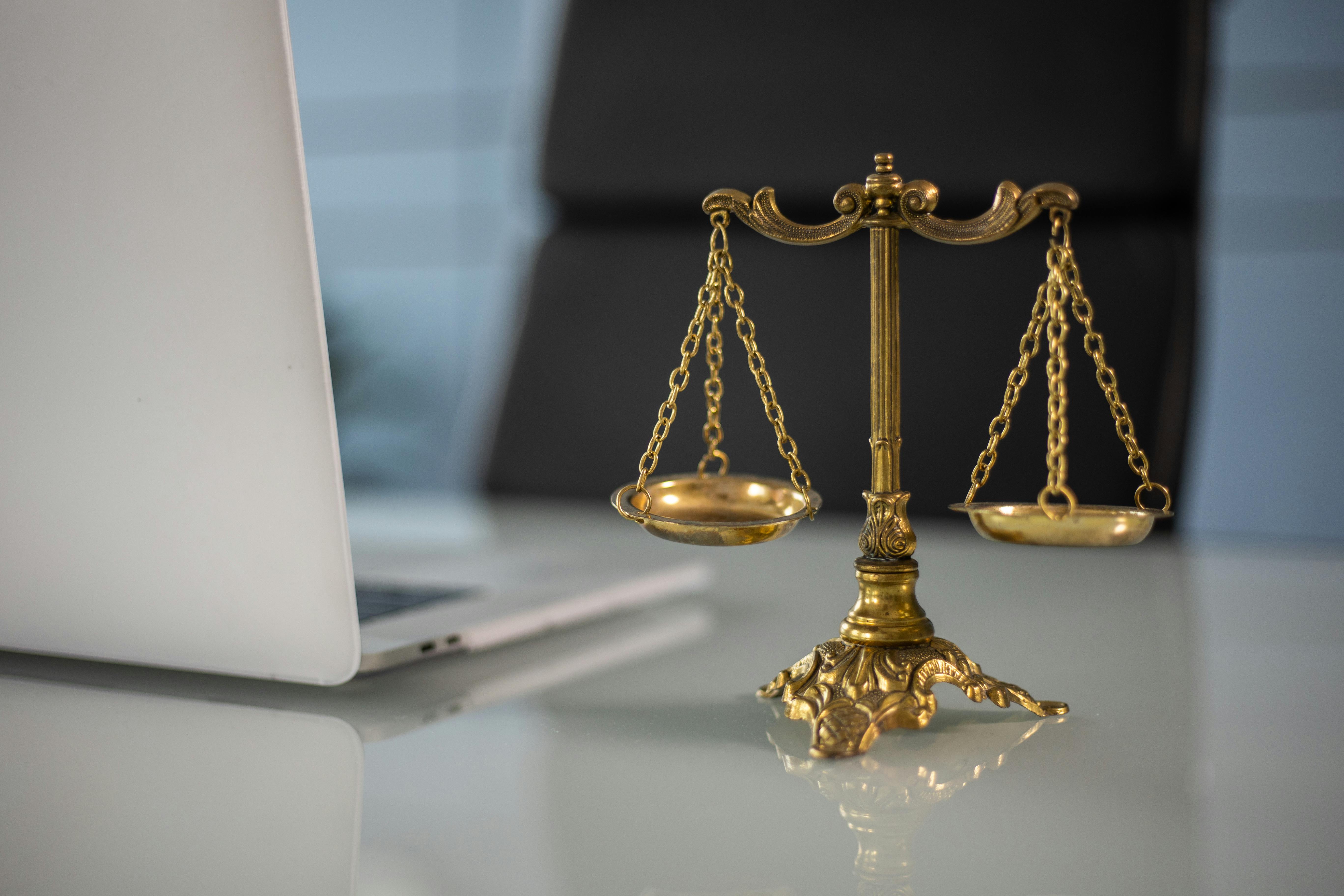This post was authored by Eric Pesale, a soon-to-be attorney who recently graduated from the New York Law School. Eric contributes regularly to the Logikcull blog, focusing on the legal impact of emerging technologies. He can be reached at epesale@gmail.com or on Twitter at @ericpesale.
With more than 1.3 million attorneys practicing in the United States alone, lawyers today have no choice but to find new ways to attract new clients. In the past, this was not easy to do. Bar associations have historically been opposed to attorney advertising, viewing it as demeaning to the profession. This stance goes all the way back to early British lawyers, who saw the law as a means to promote public wellbeing and justice -- not, necessarily, personal wealth.
Believe it or not, prior to ABA ethics rules changes in the 1970s and 80s, attorneys were expected to be passive and wait for clients to come to them. Those who didn't faced sanctions. Put up a neon billboard? Sanctions. Give out branded matchbooks? Sanctions. Send a Christmas card that happens to mention you're an attorney? Sanctions. (See ABA Formal Opinion 309)
These restrictions eventually eased after the Supreme Court's Bates v. Arizona decision in 1977, which recognized that some attorney advertising is protected by the First Amendment. Various changes to state ethics codes and the creation of applicable ABA Model Rules (and "rainmakers") followed.
However, the rise of social media -- particularly LinkedIn and Facebook -- has given lawyers unprecedented marketing opportunities that the ABA and local bars did not anticipate when they laid the groundwork for attorney advertising rules more than three decades ago.
Although these platforms can be powerful tools for attorneys, they can be equally harmful if not used properly. Attorneys should be aware that their actions on social media can lead to harmful consequences, and that these behaviors are subject to state bar-imposed ethics sanctions.
Ethical pitfalls attorneys should consider when using social media are provided below.
IMPORTANT SOCIAL MEDIA AND ONLINE NETWORKING PITFALLS
Misrepresenting Practice Areas
One common mistake many lawyers make online is in the way they represent the fields of law they practice. While ABA Model Rule 7.4 and similar state ethics laws allow attorneys to disclose what fields of law they practice, they cannot bill themselves as so-called "specialists" in particular legal areas unless (a) they practice patent or admiralty law or (b) they have been certified as specialists by state or ABA-approved organizations, and they explicitly mention those organizations in their communications.
This is a common problem for attorneys using LinkedIn, since it is possible for other LinkedIn connections to unilaterally endorse an attorney for skills such as “toxic torts” or “employment law." These endorsements can mislead potential clients or professional peers by suggesting the attorney is a certified specialist in particular legal areas. Therefore, unless you happen to practice patent or admiralty law, or are certified in a particular legal area by an applicable organization under Rule 7.4(d)(1-2), it is wise to simply list the legal fields you practice and refrain from describing yourself as a specialist in a particular field. Such a representation is subject to Rule 7.1’s "false and misleading" standard as defined in Comment 1 to Rule 7.4.
Using Social Media for Deceptive Discovery Purposes
Social media can be a valuable source of discovery material, but attorneys may encounter ethical pitfalls in the pursuit of that information. One potential dilemma arises from the temptation to use fake Facebook profiles to elicit testimony from prospective witnesses. While many millions of people have Facebook accounts that are fake or use pseudonyms, using a fake Facebook profile to directly gather testimony from witnesses or adverse parties will likely guarantee you an ethics committee hearing.
An assistant county prosecutor in Ohio learned this the hard way after creating a fake Facebook profile to friend both a criminal defendant and a witness for the defendant, and then chatting with them in an attempt to elicit impeaching testimony. He did not disclose these efforts to the defendant’s counsel at various evidentiary hearings.
When a colleague of his disclosed these activities to the defendant’s counsel, the prosecutor was sanctioned and subsequently suspended for 12 months for violating Ohio’s version of ABA Model Rule 8.4(c), which treats dishonesty, fraud, deceit and misrepresentation as a form of professional misconduct. This is an extreme example to be sure, but it demonstrates the dangers of using social media in a deceptive manner to collect discovery information and testimony.
Blogging or Sharing Self-Authored Articles
Blogging can be a very useful online marketing tool for attorneys to find potential clients — particularly since only 27% of law firms currently host blogs. Despite this, the California’s State Bar recently considered regulating attorney blog posts that advertise the attorney’s availability to perform legal services. In addition, an interim opinion suggested subjecting blog posts on a law firm’s website to the same ethics rules that apply to other law firm website communications. Even if you live outside of California, it might be wise to compare your state’s ethics rules against Model Rule 7.1. Specifically, comment 3 cautions that truthful portrayals of an attorney’s accomplishments or past successes could be construed as misleading if they cause prospective clients to assume they'll get similar results for their own legal matters. So while blogging can be a great publicity tool, make sure to have others review your posts to ensure they’re not potentially misleading to clients.
Connecting with Judges, Witnesses and Jury Members
While connecting with other lawyers and judges is crucial to getting client referrals and building business, sending a friend request or friendly tweet to a judge, adverse party, or prospective jury member may raise ethical concerns. The ABA has so far issued only two formal opinions on social media, one of which concerns how attorneys interact on social media platforms. Not surprisingly, the ABA suggests that while it is permissible for attorneys to privately review the social media pages of adverse parties and potential jurors, it highly advises against making contact with them due to possible violations of ABA Model Rule 3.5(b). That rule prohibits ex parte communications with a judge, juror or prospective juror during a proceeding. State bar associations, such as Pennsylvania’s, have released similar opinions on this matter, and this rationale applies to judges as well.
In Florida, for example, a trial court judge got disqualified from a case after an appellate court determined the judge retaliated against the petitioning party who received, but did not accept, the judge's Facebook friend request. When establishing professional connections with judges and other attorneys, make sure those activities on social media do not interfere with your clients’ pending cases.




